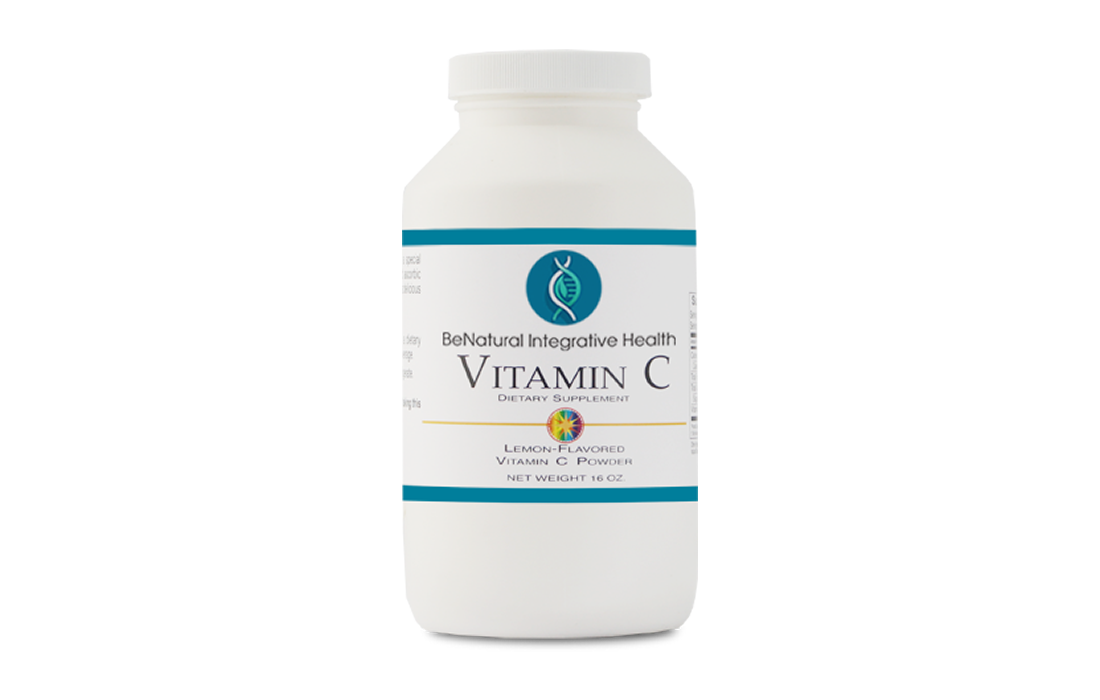Nutrition and Supplements
Health Benefits of Vitamin C
What is Vitamin C?
Vitamin C, also known as L-ascorbic acid, is a water-soluble vitamin that is naturally present in some foods, added to others, and available as a dietary supplement. Humans, unlike most animals, are unable to synthesize vitamin C endogenously, so it is an essential dietary component.
It is required for the synthesis of collagen, L-carnitine and certain neurotransmitters. Vitamin C is also involved in protein metabolism. Collagen is an essential component of connective tissue, which plays a vital role in wound healing.
It is also an important physiological antioxidant and has been shown to regenerate other antioxidants within the body, including alpha tocopherol (vitamin E).
What is the Recommended Dose?
The recommended daily intake of vitamin C is 75 mg for women and 90 mg for men according to the National Institutes of Health Office of Dietary Supplements.
Some studies, like one from Moyad and colleagues, examined the use of 500 daily milligrams of vitamin C to achieve health results, which is much higher than the daily recommendation.
Unless you can eat plenty of fruits and vegetables, you may need to take a dietary supplement of vitamin C to gain all the benefits. Moyad says that taking 500 mg a day in addition to eating fruit and vegetables can increase the health benefits of vitamin C.
Health Benefits
Risk Reduction of Chronic Disease
Vitamin C is a powerful antioxidant that can strengthen the body’s natural defenses. Antioxidants are molecules that boost the immune system. They do so by protecting cells from harmful molecules called free radicals. When these molecules accumulate, they can promote a state known as oxidative stress, which has been linked to many chronic diseases.
Studies show that consuming more vitamin C can increase your blood antioxidant levels by up to 30%.
Blood Pressure Management
Studies have shown that vitamin C may help lower blood pressure in both those with and without hypertension.
Moreover, an analysis of 29 human studies found that taking a vitamin C supplement reduced systolic blood pressure (the upper value) by 3.8 mmHg and diastolic blood pressure (the lower value) by 1.5 mmHg, on average, in healthy adults.
In adults with high blood pressure, vitamin C supplements reduced systolic blood pressure by 4.9 mmHg and diastolic blood pressure by 1.7 mmHg, on average.
Risk of Heart Disease
Heart disease is the leading cause of death worldwide. Many factors increase the risk of heart disease, including hypertension, high triglyceride or LDL cholesterol levels, and low levels of HDL cholesterol.
Vitamin C may help reduce the risk factors of cardiovascular disease. An analysis of 9 studies with a combined 293,172 individuals found that after 10 years, people who took at least 700 mg of vitamin C daily had 25% lower risk of heart disease than those who did not take a vitamin C supplement.
Another analysis of 13 studies looked at the effects of taking at least 500 mg of vitamin C daily on risk factors for heart disease, such as blood cholesterol and triglyceride levels.
The analysis found that taking a vitamin C supplement significantly reduced LDL (bad) cholesterol by approximately 7.9 mg/dL and blood triglycerides by 20.1 mg/dL.
In short, it seems that taking or consuming at least 500 mg of vitamin C daily may reduce the risk of heart disease. However, if you already consume a vitamin-C-rich diet, then supplements may not provide additional heart health benefits.
Prevention of Iron Deficiency
Vitamin C supplements can help improve the absorption of iron from the diet. Vitamin C assists in converting iron that is poorly absorbed, such as plant-based sources of iron, into a form that is easier to absorb.
Consuming at least 100 mg of vitamin C may improve iron absorption by 67% according to studies.
In one study, 65 children with mild iron deficiency anemia were given a vitamin C supplement. Researchers found that the supplement alone helped control their anemia
Boost of Immune System
First, vitamin C helps encourage the production of white blood cells known as lymphocytes and phagocytes, which help protect the body against infection.
Second, vitamin C helps these white blood cells function more effectively while protecting them from damage by potentially harmful molecules, such as free radicals.
Third, vitamin C is an essential part of the skin’s defense system. It’s actively transported to the skin, where it can act as an antioxidant and help strengthen the skin’s barriers. Studies have also shown that taking vitamin C may shorten wound healing time.
Memory Improvement
Studies suggest that oxidative stress and inflammation near the brain, spine, and nerves (altogether known as the central nervous system) can increase the risk of dementia.
Vitamin C is a strong antioxidant. Low levels of this vitamin have been linked to an impaired ability to think and remember. Furthermore, high vitamin C intake from food or supplements has been shown to have a protective effect on thinking and memory as you age.
Conclusions
Vitamin C has many health benefits and is an essential vitamin that we can’t synthesize. For that reason we need to obtain it through its ingestion in different foods and also with supplements.
The use of vitamin C has been linked as we can see to many health benefits and are considered safe to take. If you want to enjoy all of those health benefits by boosting your vitamin C levels it may be easier to start taking a supplement. There are many options in the market but one that contains high concentration of this vitamin is this Vitamin C Super Crystals 16 Oz. Powder. You can get yours today:
https://shop.drramon.com/product/vitamin-c-super-crystals-16-oz-powder/
Sources:
Ryan Raman, MS, RD. (2020, Feb 18) 7 Impressive Ways Vitamin C Benefits Your Body. Healthline. Retrieved from:
https://www.healthline.com/nutrition/vitamin-c-benefits
Kathleen M. Zelman, MPH, RD, LD. The Benefits of Vitamin C. Nourish by WebMD. Retrieved from: https://www.webmd.com/diet/features/the-benefits-of-vitamin-c#1
https://ods.od.nih.gov/factsheets/VitaminC-HealthProfessional/

